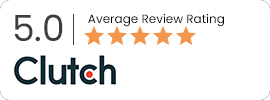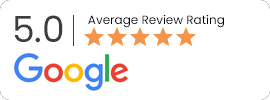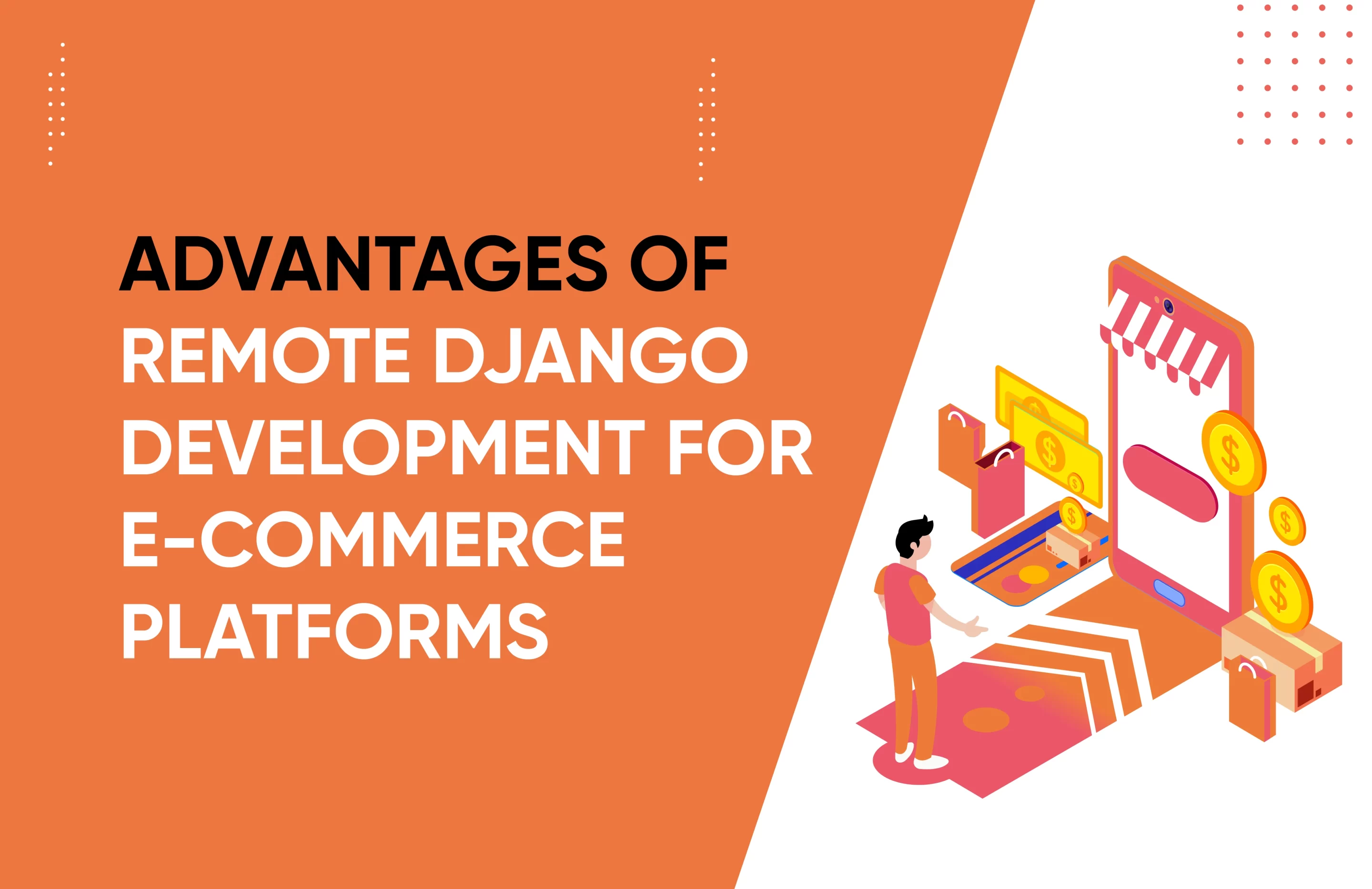Today, businesses highly adopt remote work models for efficiency. Remote work offers advantages like improved work-life balance, reduced overhead costs, and access to diverse skill sets across the globe. In addition to all this, Django development has emerged as a leading framework for building robust and scalable e-commerce platforms.
Moreover, Django’s versatility, security features, and ease of development make it a preferred choice among developers seeking to create innovative online stores. Developers are using Django for e-commerce platforms, which results in robust but also scalable e-commerce platforms.
In this blog post, we’ll delve into the advantages of remote Django development for e-commerce platforms. From increased flexibility and scalability to enhanced productivity and cost-effectiveness, remote Django development is amazing. It offers a range of benefits for businesses looking to optimize their online presence.
So, let us start exploring this in detail over here.
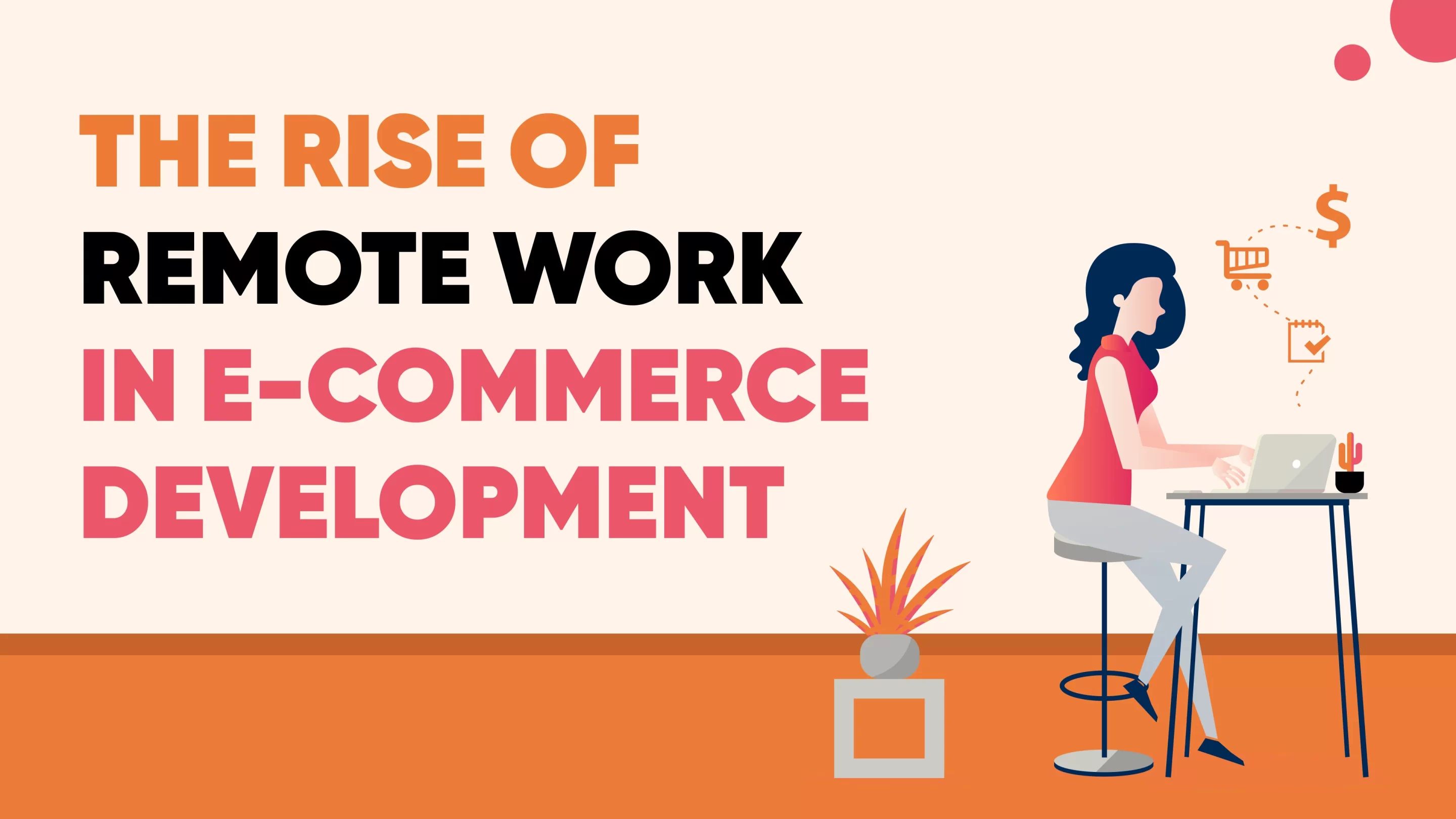
Increasing Demand For Remote Django Development
The Rise of Remote Work in E-commerce Development
As businesses continue to navigate the evolving landscape of digital commerce, remote work has emerged as a powerful solution. The main reason is its capability to meet the demands of an increasingly interconnected world.
According to recent industry reports, the remote work revolution has seen a remarkable surge, with over 80% of businesses worldwide adopting remote or hybrid work models. Global events, such as the COVID-19 pandemic, have accelerated this shift.
Furthermore, studies indicate that remote developers exhibit higher levels of job satisfaction and productivity, contributing to the overall success of projects.
With the proliferation of collaboration tools, communication platforms, and cloud-based technologies, teams are no longer confined to traditional office settings. For e-commerce development, remote work offers numerous advantages.
It enables businesses to access a global talent pool, tapping into specialized skills and expertise that may not be readily available locally.
Furthermore, development teams can adapt to changing project requirements, scale resources as needed, and respond swiftly to market dynamics. This agility is particularly valuable in the fast-paced world of e-commerce, where businesses must constantly iterate and innovate to stay ahead of the competition.
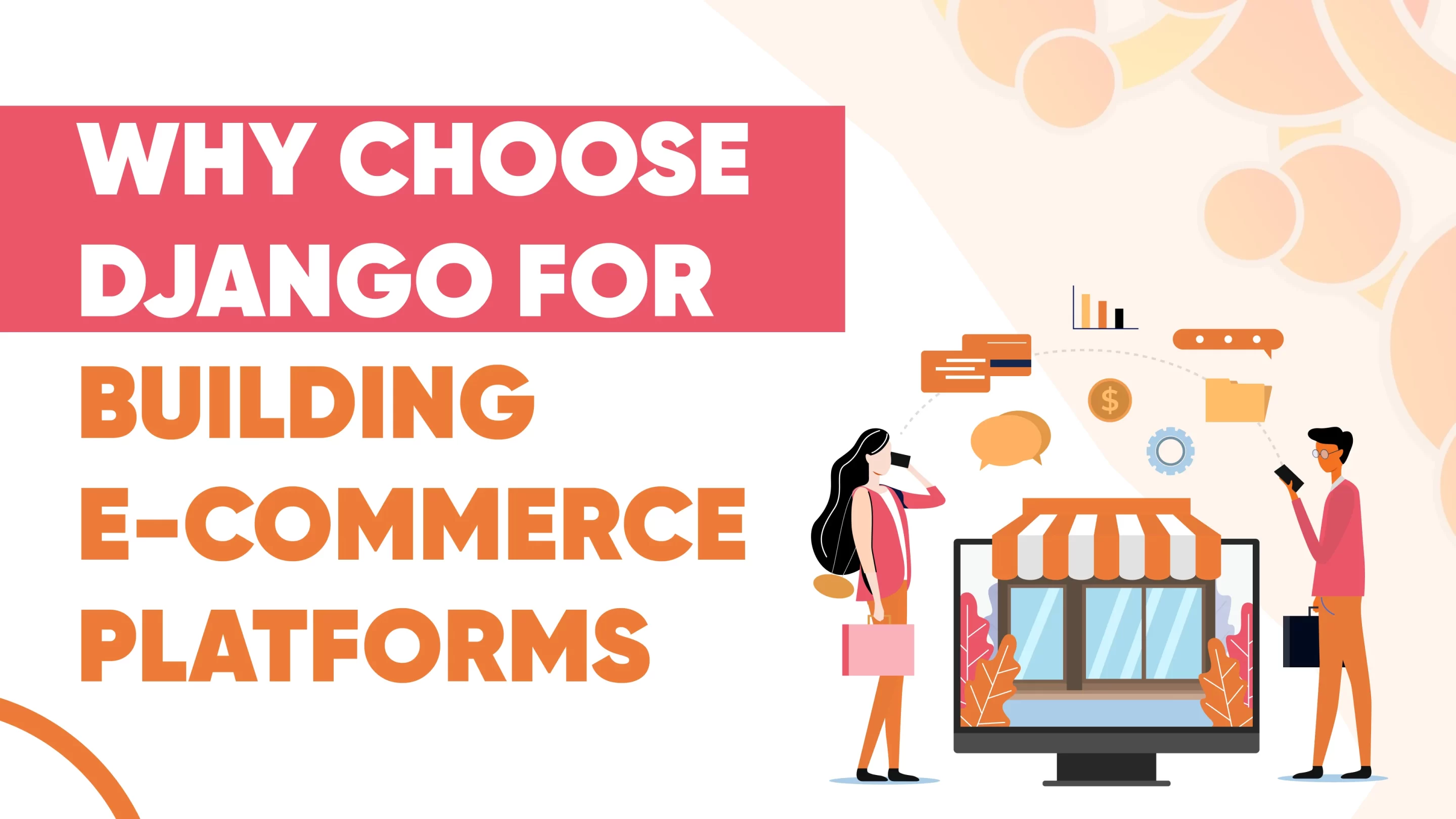
Django Development – What Makes It A Good Choice?
Why Django Development Best for Building E-commerce Platforms
When it comes to creating e-commerce websites, Django stands out as the go-to option. With its user-friendly interface and powerful features, Django simplifies the process of building online stores.
Whether you’re a developer familiar with Django or someone looking to create a website using Django, it offers everything you need to succeed.Its modular design allows developers to easily integrate third-party plugins and extensions, adding new functionalities and capabilities to their e-commerce platforms.
Additionally, Django’s extensive documentation and vibrant community make it easy for developers to find support and resources as they build their websites. Django also supports e-commerce web application development.
For example, imagine a company that wants to sell products online. They need a website that can handle lots of items and make it easy for customers to buy. They picked Django to build their site.
Why? Because Django is flexible and can handle big tasks. It helps them manage their products and lets customers interact with the site easily. Also, Django keeps everything secure.
Plus, Django has lots of people who use it. They share tips and help each other out. So if the company needs help, they can find it easily. So, by choosing Django for e-commerce platforms, the company gets a safe, easy-to-use website. With this, they can handle all their products and give customers a great shopping experience.
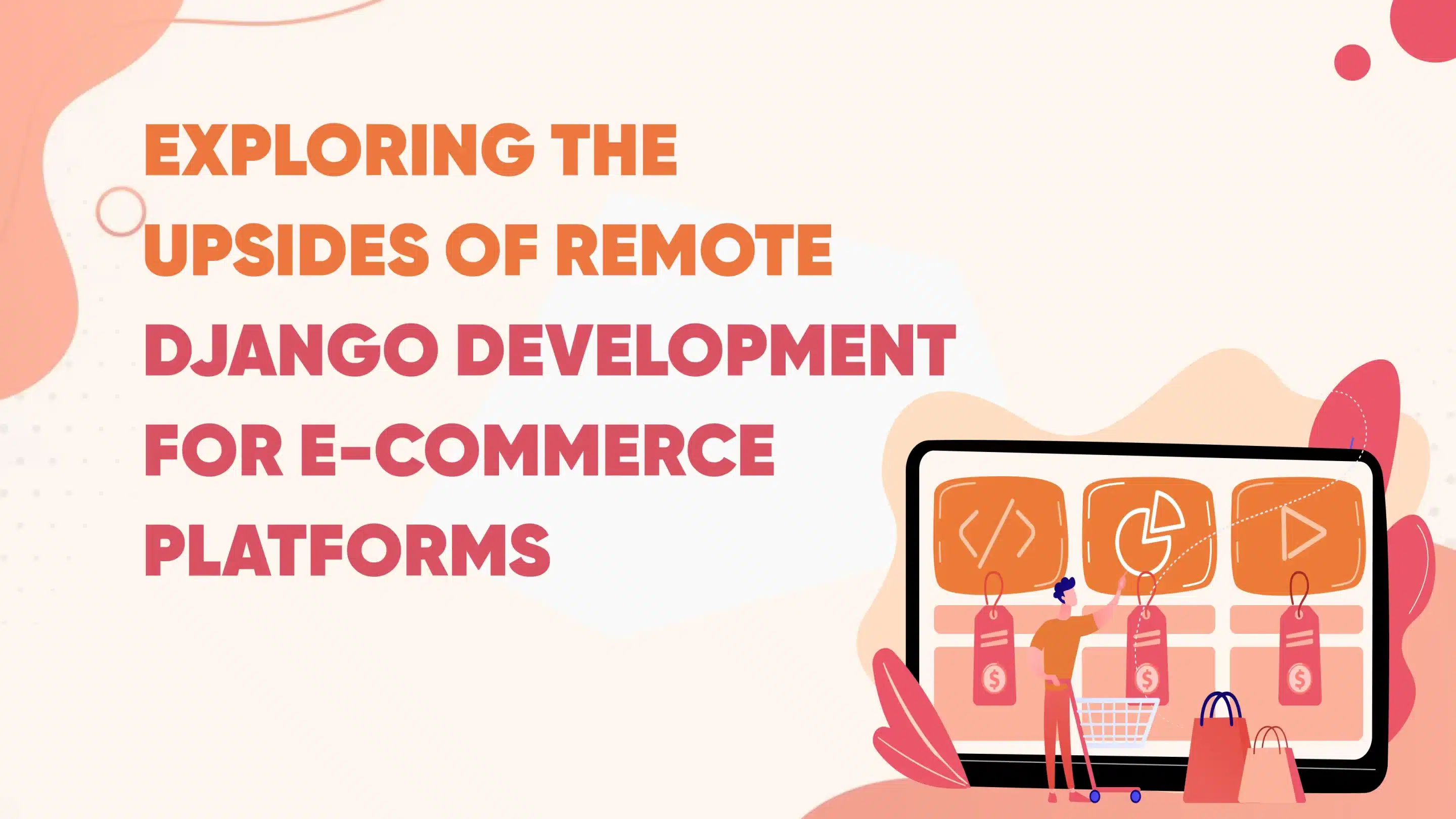
Advantages Of Django Development Explored
Exploring the Upsides of Remote Django Development for E-commerce Platforms
Discovering the Upsides of Remote Django development services for E-commerce Platforms. Django not only offers flexibility and cost-effectiveness but also fosters global collaboration and access to top-tier talent. Here are some of the advantages of Django:
-
Flexibility and Scalability
Remote Django development offers unparalleled flexibility and scalability for e-commerce businesses. With a distributed team of Django developers, businesses can scale their development efforts up or down based on their needs.
Whether it’s adding new features, optimizing performance, or adapting to changing market conditions, remote Django development enables businesses to respond quickly and effectively.
-
Cost-Effectiveness
By opting for remote Django e-commerce development, businesses can significantly reduce their overhead costs. Remote teams eliminate the need for physical office space, equipment, and other infrastructure expenses associated with traditional in-house development teams.
According to a study by Gartner in 2021, 62% of employees open to relocating to a more affordable area for permanent remote work were okay with earning a lower salary in return.
-
Access to Top Talent
One of the key advantages of remote Django development is access to top talent from around the world. Instead of being limited to local talent pools, businesses can recruit developers with specialized skills and expertise in Django development.
This enables businesses to build high-quality e-commerce platforms that meet their unique requirements and exceed customer expectations. Thus, it is wise to hire Django developers rather than work with an in-house team.
-
Enhanced Collaboration and Communication
Contrary to common misconceptions, remote Django development fosters enhanced collaboration and communication among team members. With the help of collaboration tools such as Slack, Zoom, and Jira, remote teams can stay connected and coordinate effectively regardless of their geographical locations.
According to a study, remote workers spend 25% less time in collaboration, which improves efficiency.
-
Focus on Core Competencies
By outsourcing to a Django development company, e-commerce businesses can focus on their core competencies and strategic initiatives. Instead of allocating resources to non-core activities like recruitment and management of in-house development teams, businesses can rely on external experts.
For example, An e-commerce business needs to improve its website with Django but lacks expertise. By outsourcing to a Django development company, it can focus on core tasks like marketing. No need to hire or manage developers; they rely on the external team’s expertise. This saves resources and leads to better outcomes.
-
Rapid Development and Deployment
Django’s design is geared towards rapid development. It follows the “don’t repeat yourself” (DRY) principle, encouraging reusability of components. This feature and remote Django development services accelerate the development and deployment process.
Businesses can launch their e-commerce platforms faster, making them agile in responding to market opportunities and customer needs. This speed to market is crucial for staying competitive in the fast-paced e-commerce sector.
-
High-Quality Standards and Reliability
With Django’s built-in features and the expertise of remote Django development services, e-commerce platforms benefit from high-quality standards and reliability. Django includes a comprehensive standard library and automated testing tools that help maintain code quality and ensure that applications are error-free.
Moreover, the ability to work with top-tier remote developers who are well-versed in Django’s best practices means that e-commerce sites are robust, secure, and capable of handling high volumes of traffic with ease.
By embracing this model, businesses can enjoy a competitive edge through faster development timelines, adherence to high-quality standards, and the reliability of their e-commerce solutions, all while focusing on their core operations and strategic growth.
Conclusion
In conclusion, remote developer Django offers numerous advantages for e-commerce platforms seeking to innovate and grow in today’s competitive marketplace. From flexibility and scalability to cost-effectiveness and access to top talent, remote Django development enables businesses to build high-quality e-commerce platforms that drive success.
With remote development practices, e-commerce businesses can stay agile, responsive, and ahead of the curve in the dynamic world of online retail.
Also Read: MERN Stack Developers: Why They’re Becoming the Go-To for Businesses
FAQs
Why is remote Django development considered a game-changer for e-commerce platforms?
Remote Django development has revolutionized e-commerce platforms by offering unmatched flexibility and scalability. This approach allows businesses to adapt swiftly to market changes and customer demands. Moreover, it grants access to a global talent pool, ensuring that e-commerce platforms can leverage the best Django developers worldwide. Consequently, companies can enhance their online presence and operational efficiency, positioning them for success in a competitive digital marketplace.
How does remote Django development enhance the cost-effectiveness of building an e-commerce platform?
Opting for remote Django development significantly reduces business overhead costs. Without the need for physical office space and related expenses, companies can allocate more resources to strategic investments and innovation. Additionally, the ability to hire Django developers remotely opens up the possibility of engaging with professionals in regions with more favorable salary expectations, further enhancing cost savings while maintaining high-quality development standards.
In what ways does remote Django development ensure access to top talent for e-commerce businesses?
Remote Django development breaks down geographical barriers, enabling e-commerce businesses to tap into a vast, global pool of skilled developers. This global reach ensures that companies can tap access to global expertise in Django development. By embracing remote development, e-commerce platforms can secure highly specialized talent from anywhere in the world, driving innovation and delivering superior online shopping experiences to their customers.
What are the advantages of using Django for web development?
Django offers several advantages:
- High-Level Framework: Django is a high-level web framework that abstracts away common web development tasks, allowing developers to focus more on writing their application logic rather than reinventing the wheel.
- Rapid Development: It follows the principle of “don’t repeat yourself” (DRY) and encourages rapid development by providing built-in features for tasks like URL routing, form handling, authentication, and more.
- Scalability: Django is designed to help developers build scalable applications. It includes features like caching, database optimization, and efficient handling of HTTP requests, making it suitable for handling high-traffic websites.
- Batteries-Included: Django comes with a wide range of built-in modules and libraries that cover most common use cases in web development, such as authentication, administration interfaces, and content management.
- Security: Django takes security seriously and helps developers avoid common security mistakes, such as SQL injection, cross-site scripting (XSS), cross-site request forgery (CSRF), and clickjacking.



